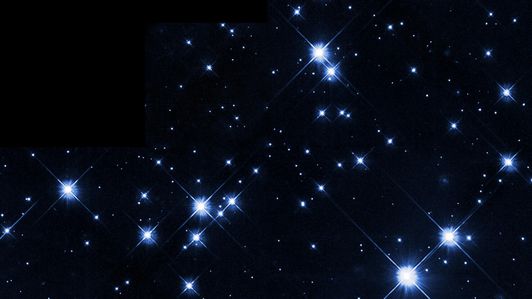The Hubble Space Telescope team celebrated the start of 2021 with pictures of six different galaxy mergers. Top left to right: NGC 3256, NGC 1614, NGC 4194. Bottom: NGC 3690, NGC 6052, NGC 34.
NASA and the European Space Agency
Let me tell you about birds, bees, and galaxies. Sometimes, two galaxies combine with amazing consequences, including star mutation. NASA and the European Space Agency The Hubble Space Telescope has given us six rare views of galaxy mergersAnd every one of them is a winner.
The European Space Agency released the images to mark the start of 2021. “These systems are excellent laboratories for tracking the formation of star clusters under harsh physical conditions,” The agency said in a statement Thursday. Star clusters are exactly what they look like: groups of stars.
Galaxy NGC 3256 is located 100 million light-years away and its chaotic appearance is thanks to the galactic merger.
European Space Agency / Hubble, NASA
All galaxies show signs of their wild past. The European Space Agency describes the galaxy NGC 3256 Strange and distorted. NGC 3690 It is a “supernova plant” and a picture NGC 6052 It appears that two galaxies are still colliding.
The Hubble Imaging Survey of Extreme Environments and Clusters (HiPEEC) that provided images focused on star clusters within galaxies and what happens to them when host systems merge. Collisions collide with the formation of new stars, which increases the stellar birth rate.
NASA unveils 30 dazzling new Hubble space photos in an epic memory
See all photos

“The Milky Way galaxy usually forms star clusters with masses equal to 10,000 times the mass of our sun,” the European Space Agency said. “This is not comparable to the masses of star clusters formed in the collision of galaxies, which can reach millions of times the mass of our sun.”
HiPEEC researchers have found that large star clusters in compact galaxies remain very luminous even after the collision movement has subsided. While the mergers may be dramatic for the galaxies in question, spectators on Earth can safely view the beautiful relics thanks to Hubble’s intense eyes.

“Reisliefhebber. Onruststoker. Popcultuurfanaat. Kan niet typen met bokshandschoenen aan.”